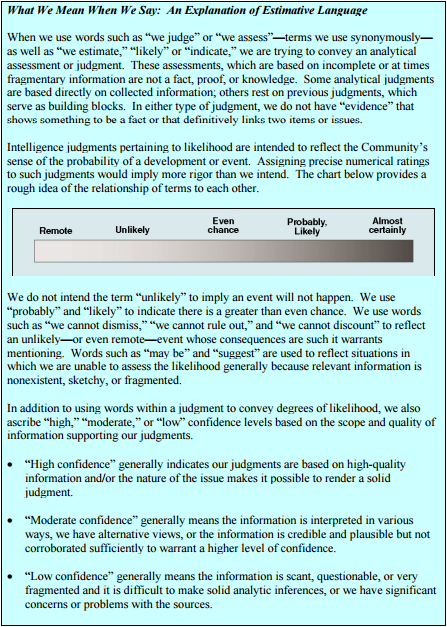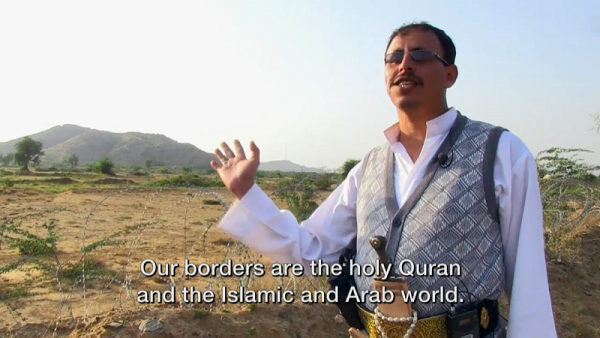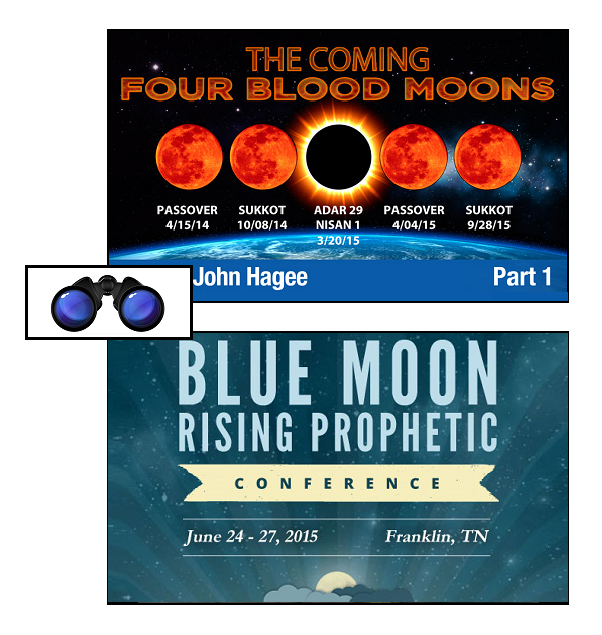Language, language, please!
Thursday, April 23rd, 2015[ by Charles Cameron – unclear language gives an out-of-focus snapshot of reality, estimative language hopes to facilitate precision ]
.
Take a quick look, then skip to the rest of this post & come back later. Unless you already know this thing by heart, and perhaps nurse an inordinate hatred for it. In which case you can skip the whole post — we may even see eye to eye already..
**
In light of the above, I was a tad surprised to read these words in Time this morning:
“Documents were also found and they prove, without any ambiguity, that the individual was preparing an imminent attack, in all probability, against one or two churches,” Cazeneuve said.
Somehow the combination of “without any ambiguity” and “in all probability” didn’t quite mesh. But the original speaker was French, so I did whatever diligence I could muster, and found this, selon Minister Cazeneuve:
Les perquisitions menées à son domicile ont permis de retrouver, outre de l’armement et du matériel de vidéo, des écrits « établissant sans ambiguïté que l’individu projetait de commettre un attentat, vraisemblablement contre une ou deux églises », a précisé Bernard Cazeneuve.
Apparently Le Monde viewed Cazeneuve as having “clarified” the matter, bringing it to precision.. And I suppose that means we should read the Minister’s words as indicating that the intention to attack was proven “without ambiguity” while the targeting of “one or two” churches was — my French is rusty, so I asked Larousse — likely, convincing, or plausible.
All of which is by way of remarking on the necessity for — and inherent problems arising regarding — what’s called “estimative language”. Problems which may be doubly obscure in translation.
Unless someone suggests a “plausible” reference from Walsingham, Marlowe or Shakespeare, a decent starting point for consideration is to be found in Sherman Kent’s 1964 Words of Estimative Probability:
It should not come as a surprise that the fact is far from the ideal, that considerable difficulty attends both the fitting of a phrase to the estimators’ meaning and the extracting of that meaning by the consumer. Indeed, from the vantage point of almost fourteen years of experience, the difficulties seem practically insurmountable.
For a more recent take on the matter, and to see whether we’re surmounting the insurmountable yet, there’s always the chart at the head of this post, taken from the 2007 NIE on Prospects for Iraq’s Stability — something we should still be worrying about eight years later, no?
**
No sense in beating about the bush: poets can handle this sort of thing better than layfolk, but then – what’s the use? Who can read poetry any more?















